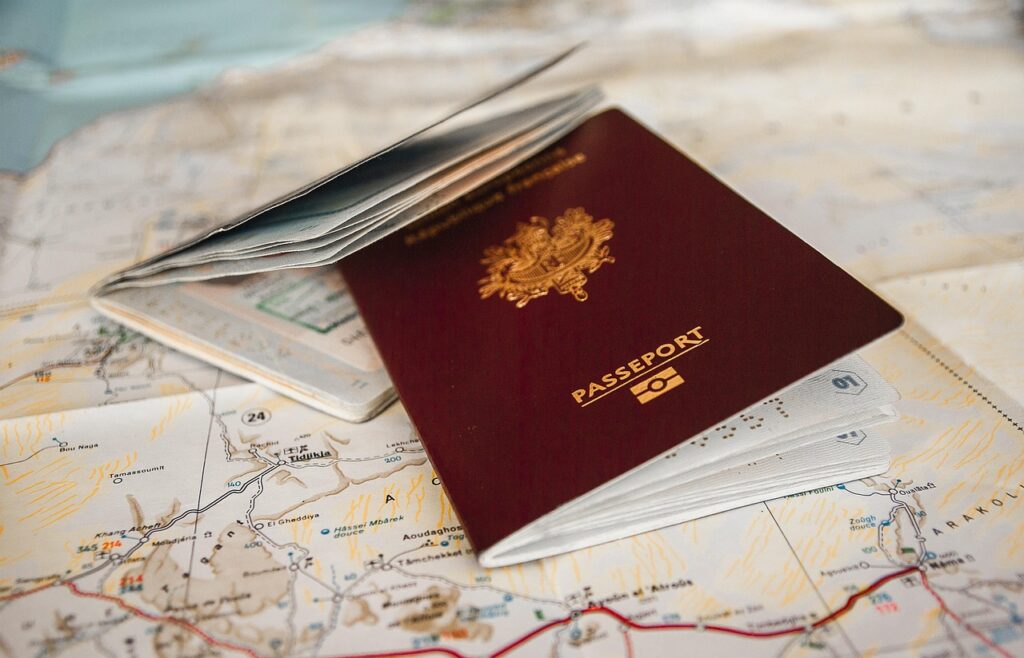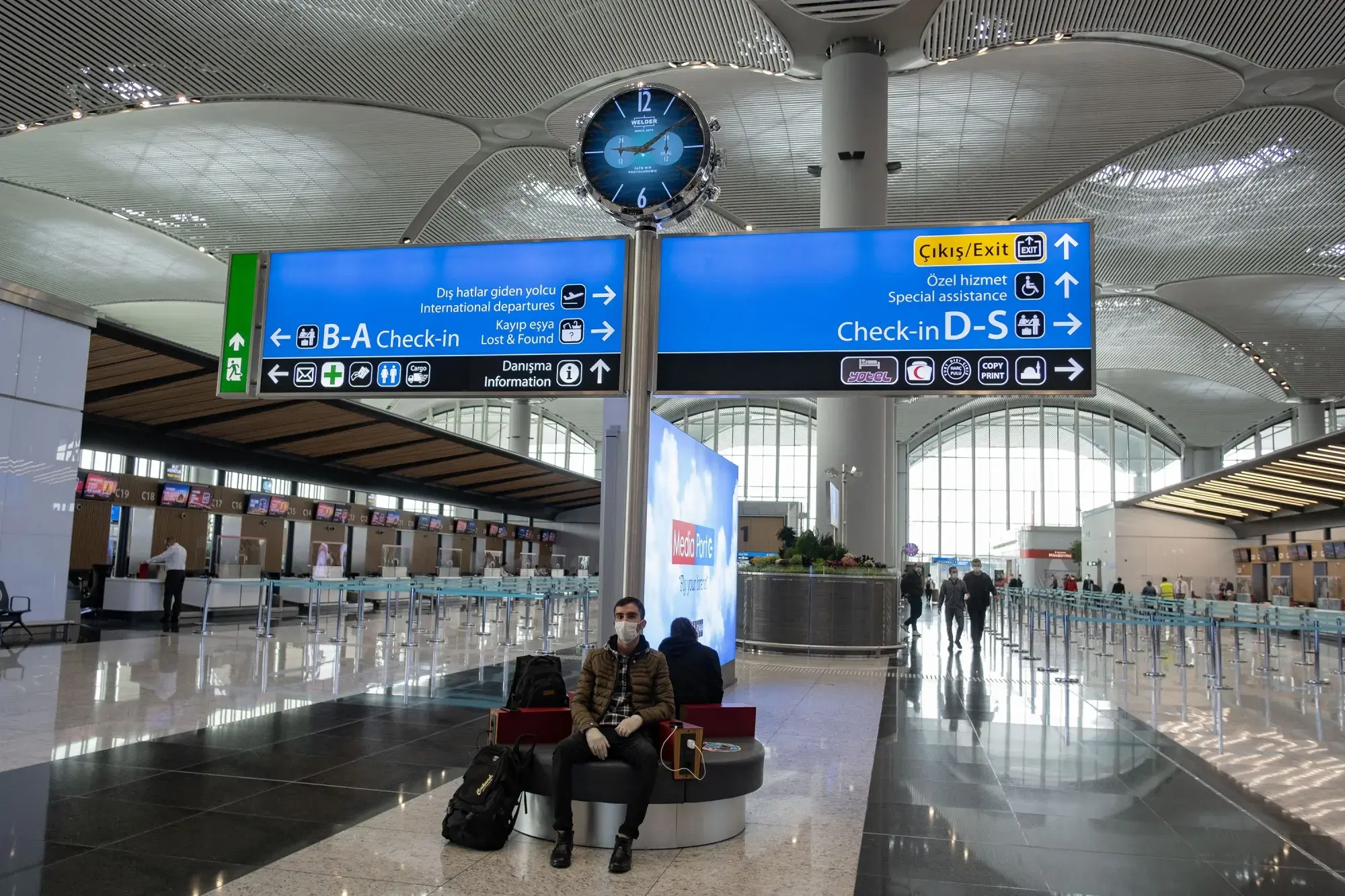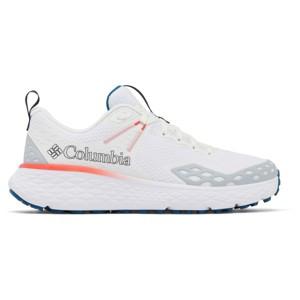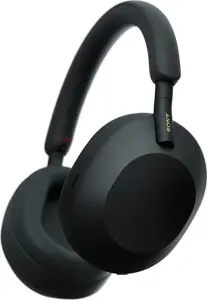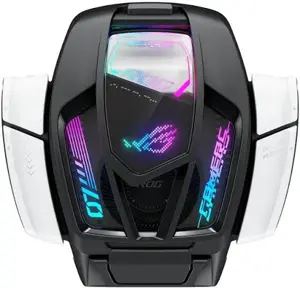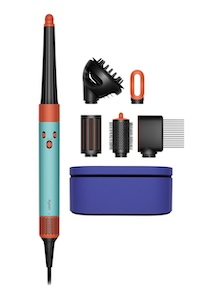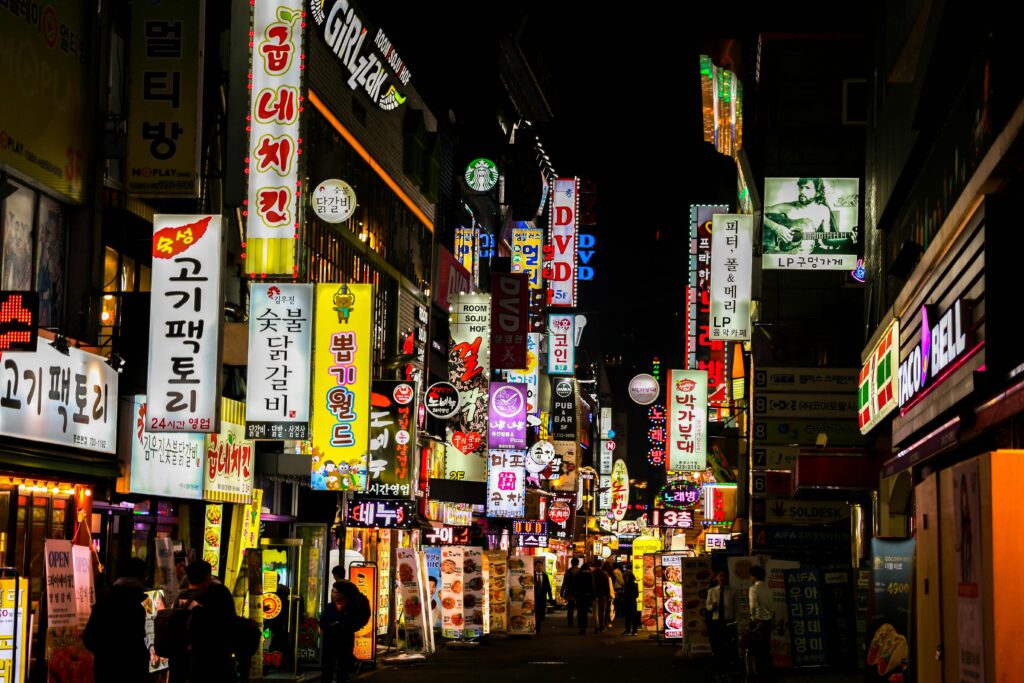
Essential customs rules and
restrictions for entering South Korea
Traveler’s Guide by Parlaxy | Updated: July 30, 2025
Flying into South Korea through Incheon International Airport or other entry points? Don’t get caught off guard.
Here’s what you must know:
- Strict duty-free limits on alcohol, cigarettes, cosmetics, and personal items – far less generous than you’d expect
- Banned items include certain supplements, pet products, cultural goods, and common over-the-counter medications
- Declaration rules are unforgiving – miss one form, and you could face steep fines or worse
- Border inspections are thorough – especially for travelers from high-risk regions
Whether you’re visiting Seoul for tech, tradition, or tourism, South Korean customs doesn’t play games.
Skip the drama. Follow the rules. Make your 2025 arrival smooth, fast, and fine-free.

Your Essential 2025 Guide to Entering South Korea – Save Time, Avoid Fines, and Travel Stress-Free
Don’t get held up at South Korean customs – read or save this 2025 South Korea entry guide to avoid delays, surprise fees, and common border issues.
| Documents Required for Entry | Visa-Free Entry: Citizens of the United States, Canada, EU countries, UK, Australia, New Zealand, Japan, and many others can enter visa-free for up to 90 days (or longer, depending on bilateral agreements). K-ETA Required (Korea Electronic Travel Authorization): Even visa-exempt travelers must apply for a K-ETA online at least 72 hours before departure. This applies to most short-term visitors including tourists and business travelers. Visa Required: Nationals of countries not eligible for visa-free access or K-ETA, including many from Africa, South Asia (e.g., Pakistan, Bangladesh), Central Asia, and parts of the Middle East, must apply for a visa at a South Korean embassy or consulate in advance. |
| Currency Export and Import Restrictions | None |
| Currency Export and Import Limits by Amount | Any amount of cash equal to or exceeding 10,000 USD (or equivalent in foreign currency) must be declared to South Korean customs upon arrival or departure. This includes cash, checks, traveler’s checks, promissory notes, and precious metals. Failure to declare may result in confiscation, fines, or legal penalties. |
| Restricted Items for Import | Travelers aged 19 and older entering South Korea may bring in goods worth up to 600,000 KRW (approximately 450 USD) duty-free, including personal items and non-commercial souvenirs. This limit applies to air and sea arrivals. |
| Prohibited Items for Import | Illegal drugs and narcotics, including marijuana, cocaine, opium, and amphetamines Weapons, firearms, explosives, and replicas, including toy guns and decorative swords Counterfeit currency, forged documents, or fake securities Pornographic materials and obscene media Publications or media that threaten national security or public order Products from endangered species, such as ivory, fur, and taxidermy Cultural heritage items and antiques without official export/import permits Fresh agricultural goods, including meat, dairy, fruits, vegetables, seeds, and plants Animal products, including traditional medicines with banned animal-derived ingredients Prescription drugs containing narcotics or psychotropics without advance approval Knives or blades exceeding the following limits: -Fixed blades: over 15 cm in length -Folding knives: over 6 cm in blade length -Spring-assisted or switchblade knives: generally prohibited regardless of size |
| Alcohol Import Regulations | Travelers aged 19 and older (the legal drinking age in South Korea) may bring the following amount of alcohol duty-free when entering the country by air or sea: -Up to 1 liter of alcoholic beverages per adult traveler, regardless of type (wine, beer, or spirits), -The total value of the alcohol must not exceed 1 million KRW (~750 USD). |
| Alcohol Export Regulations | When leaving South Korea, the same limit applies: up to 2 liters duty-free. Anything beyond this requires declaration and may be subject to taxes or inspection. |
| Tobacco Product Import Regulations | Travelers aged 19 and older may bring in up to 200 cigarettes (1 carton) duty-free. Exceeding this amount will incur taxes and possible fines. |
| Tobacco Product Export Regulations | When leaving South Korea, travelers can carry up to 200 cigarettes duty-free. Larger quantities must be declared and may be taxed or confiscated. |
| Restrictions on Importing Medications and Dietary Supplements | Travelers may bring prescription medications for personal use, typically limited to a 30-day supply. Carry the original packaging and prescription or doctor’s note. Controlled substances (narcotics, psychotropics, certain stimulants) require a valid prescription and prior approval from Korean health authorities. These must be declared at customs upon arrival. Over-the-counter (OTC) medications are generally allowed in small quantities for personal use but should be in original packaging with clear labeling. Dietary supplements and vitamins are permitted for personal use but must comply with South Korea’s health and safety regulations, including proper labeling. |
| Restrictions on Importing Jewelry and Luxury Goods | Goods valued over USD 150 are subject to customs duty. The rate varies depending on the product category |
| Restrictions on Exporting Jewelry and Luxury Goods | South Korea has specific regulations for exporting jewelry and luxury goods. |
| Restrictions on Importing Items of Artistic and Historical Value | -Import of cultural property that has been illicitly exported, stolen, or excavated without authorization is strictly prohibited. -Legal import requires proof of legal export from the country of origin, clear ownership history (provenance), and an import permit from the Cultural Heritage Administration of Korea (CHAK). The CHAK oversees protection, issues permits, and enforces compliance with cultural heritage laws. -Violations can lead to confiscation, fines, legal action, and criminal charges. -To avoid issues, always secure proper documentation and verify the legitimacy of items before import. |
| Restrictions on Exporting Items of Artistic and Historical Value | -Export of cultural property over 50 years old (General Movable Cultural Heritage) requires prior approval and an export permit from the Cultural Heritage Administration of Korea (CHAK). -Exporting National Treasures and Important Cultural Properties is strictly prohibited. -Legal ownership proof and provenance documentation may be required for export approval. -Unauthorized export can lead to confiscation, fines, and legal penalties. -Always consult CHAK before export and keep all documentation to ensure compliance. |
| Restrictions on Importing Pets | -Pets must have an ISO-compliant microchip implanted before rabies vaccination. -Rabies vaccination is required at least 30 days before entry, with a valid certificate including microchip details. -A rabies antibody titer test (FAVN) with results of 0.5 IU/ml or higher, taken at least 30 days after vaccination, is mandatory; valid for 24 months. -A health certificate issued by a USDA-accredited vet within 10 days before travel is required. -Pets must enter via Incheon International Airport where quarantine facilities are available. -Advance notification and approval are required if importing 10 or more cats or dogs. -Parasite treatment shortly before arrival is recommended. -Certain aggressive dog breeds require special permits and owner education. -Upon arrival, pets undergo inspection; if compliant, they are usually released immediately, otherwise quarantine applies. |
| Restrictions on Exporting Pets | -Pets must be microchipped with an ISO-compliant chip before export. -Valid rabies vaccination and a recent rabies antibody titer test (FAVN) are required. -A health certificate issued by an authorized veterinarian within 10 days before export is mandatory. -Export may require permits depending on the destination country’s regulations. -Pets should meet the import requirements of the destination country to avoid quarantine or refusal. -Advance notification to relevant authorities may be required for multiple animals. -Exported pets undergo veterinary inspection before departure. -Proper documentation and compliance with both South Korean and destination country rules are essential to ensure smooth export. |
Latest news – customs rules, travel alerts & more
Earn while traveling with Parlaxy
Connect with a shopper and deliver for a fee
Parlaxy Wiki is a customs guide designed for travelers who prepare smartly. We’ve gathered all the latest information by 2025 so that the Parlaxy community has access to up-to-date customs rules and restrictions for different countries, as well as insights into popular destinations and travel tips for exploring various corners of the world. Discover the world with Parlaxy Wiki!
Parlaxy connects those who need to purchase items from another city or country with travelers planning trips to those destinations. Parlaxy is not only a convenient platform where buyers can order products from anywhere in the world and travelers can earn by delivering goods along their travel routes—it’s also a reliable source of current travel information worldwide.
Create an order if you’re shopping, or create a trip if you’re ready to earn while traveling!


